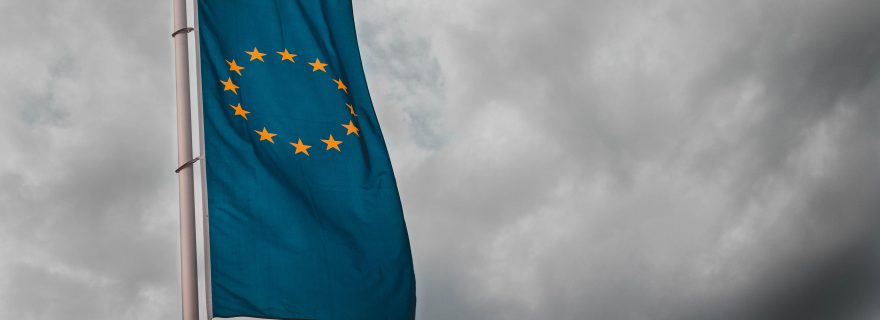State Aid: time to investigate informal capital rulings
There has been much discussion about tax planning involving The Netherlands recently. One structure that has been criticised, is the so-called “informal capital” structure. This is understandable, as there are serious concerns regarding this structure in the light of EU State aid rules.
This blog discusses the question of whether the Dutch informal capital scheme constitutes state aid. Many foreign multinationals have located intangible assets, such as goodwill and know-how, in a Dutch subsidiary, using informal capital structures. When a foreign shareholder sells an intangible asset to its Dutch subsidiary at a below-market price, the scheme enables the subsidiary to capitalise the intellectual property at fair market value and subsequently amortise that intangible while no corresponding taxation takes place in the other country (i.e. a unilateral downward adjustment of the taxable profit by the Netherlands). Informal capital structures are based on a mismatch between Dutch corporate tax and foreign profit tax. The effect of this is that double non-taxation occurs.
The issue of whether the scheme is selective would appear to boil down to the question of whether the scheme can be justified by the arm’s-length principle. The objective of the arm’s-length principle purportedly is the allocation of an arm’s-length profit to the Netherlands and nothing more. However, this does not explain why the unilateral downward adjustment is only granted on condition that the foreign affiliated person who provided the advantage would have been subject to Dutch tax had it been resident in the Netherlands. This condition has the effect that double non-taxation is avoided in domestic but not in cross-border situations and is discriminatory. Therefore, the author is of the view that the prima facie selectivity of the Dutch informal capital scheme cannot be justified by the arm’s-length principle. Accordingly, the author submits that the European Commission should investigate the Dutch informal capital scheme.
Further background on state aid aspects of the informal capital structure can be found in this paper.



0 Comments
Add a comment